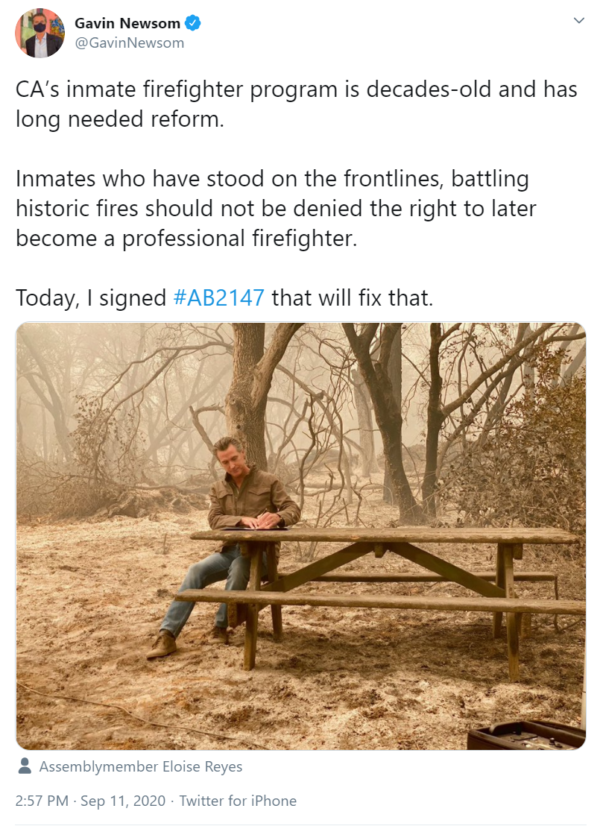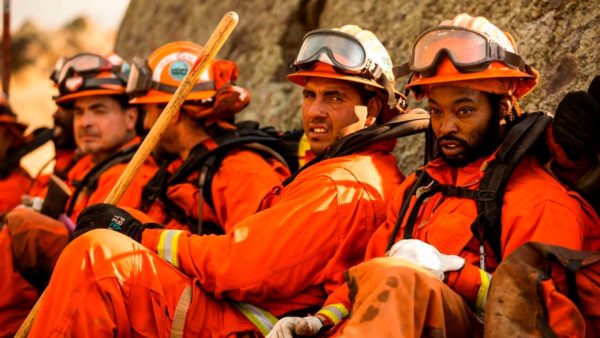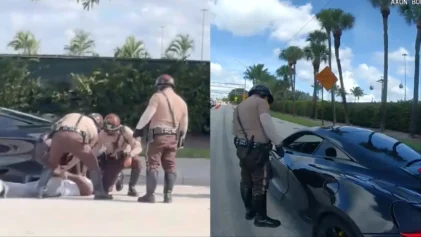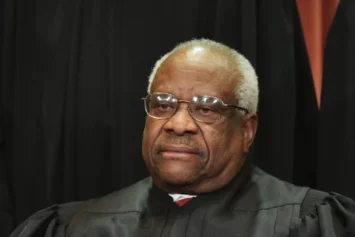On Friday, Sept. 11, California Gov. Gavin Newsom signed a bill that will allow inmate firefighters to work professionally as firefighters or in many other vocations requiring licensure that they would have previously been ineligible for upon release.
Although inmate firefighters in the state do work similar to that of professional firefighters, they are paid a minimum of $1 an hour in the field and $2 a day when off duty. Inmate firefighters work on the front lines to control wildfires, often in exchange for shortened sentences.
“Inmates who have stood on the front-lines, battling historic fires should not be denied the right to later become a professional firefighter,” Newsom wrote on Twitter after the bill was signed.

California is currently facing a devastating fire season that has destroyed a record-breaking 3 million acres of land.
Gov. Newsom spoke from Butte County, California, on Friday amid a smoke-filled scene, saying: “This is a climate emergency.”
He signed bill AB 2147 to allow individuals who have been incarcerated to seek to expunge their records to become professional firefighters. Those who have committed sexual or violent felony offenses including murder, kidnapping, rape, and arson would not be eligible.
Under the bill, an individual who successfully participated in the California Conservation Camp program while incarcerated and has been released from custody can file a petition for relief with the court for early termination of probation or parole. A person granted relief would not have to disclose their conviction on an application for license by any state or local agency.
“Those prisoners that are near the end of their time in prison … have actively participated in heroic ways,” Newsom said. He added that the bill will give prisoners hope that they will secure a job in the profession they have been trained for.
The California Department of Corrections and Rehabilitation operates 44 Conservation Camps across 27 counties in the state.

California has relied on inmates to suppress fires for years. After some inmates were released early amid the COVID-19 pandemic, the state admitted that there were fewer individuals on the front lines to contain the blazes this year.
Over 3,000 inmates fought fires last year, but the number of inmate firefighters in the state is down by almost a third compared to 2019.
Newsom acknowledged that some people were critical of the bill, including prosecutors and members of law enforcement who felt the former inmates would pose danger to the public.


